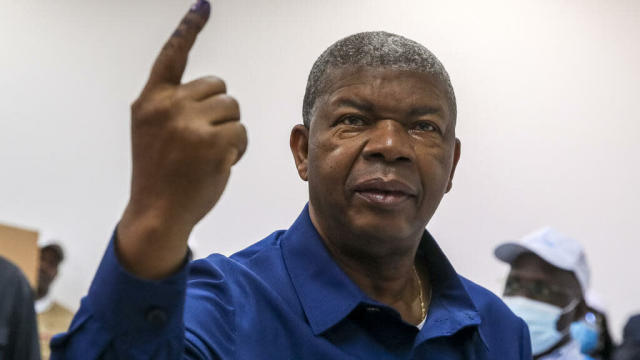Angola’s main opposition party the National Union for the Total Independence of Angola (Unita) on Thursday filed a motion in parliament to begin an impeachment process to remove the country’s President Joao Lourenço from office in an unprecedented move.
The initiative had been publicly announced in July, but it was only on Thursday that Unita publicized its reasons for impeachment in a 100-page document signed by all its 90 MPs.
The documents contain 200 pleadings, more than 200 pieces of documentary evidence, and 40 citizens as witnesses in support of the Unita parliamentary group.
Unita accuses Lourenço of being responsible for food shortage, unemployment, jailing demonstrators, and being authoritarian.
The parliament speaker called an extraordinary meeting for Friday to analyse the opposition petition.
Unita’s parliamentary group head said that the next step is the courts to verify the legality of the acts.
“The court will verify the legality of the process and it is the parliament that will remove the president,” Liberty Chiaka said.
“Angolan democracy will free itself from the bonds of authoritarianism and will consolidate the democratic state and the rule of law,” he added.
“Angola will never be the same”.
The opposition further rejected accusations that the process to impeach Lourenço is a coup attempt.
Lourenco,69, and his ruling Popular Movement for the Liberation of Angola (MPLA) won a disputed election last year with 124 parliamentary seats, but Unita doubled the seats they had won in the 2017 polls.
The initiative is being received with some skepticism due to the MPLA’s parliamentary majority. An impeachment needs a two-thirds majority or more of sitting MPs to pass. It has never been done in Angola before, mostly because MPLA was always the majority party and because Angola spent more than three decades at war after independence.
Nonetheless, it’s now up to the president of the National Assembly to take the next steps in this process.
However, it is not the first time that the opposition has expressed its desire to remove Lourenço from office.
In August, thousands rallied in Angola calling for his removal in an act organised by Unita to commemorate its late leader.
In June, the oil-rich nation has experienced a wave of protests since the government cut subsidies for petrol.
Analysts have different views on the process.
Rosado de Carvalho, a local political analyst, told a local radio that he believes that Angola is now moving to a different stage of its democracy and the ruling MPLA will test its popularity and its willingness to obey the constitution.
But one professor in Luanda told the Nation he thought Unita was wasting its time as the government machinery is likely to come down hard on the masterminds. He asked not to be named as he teaches in a public university, fearing government reprisals.
